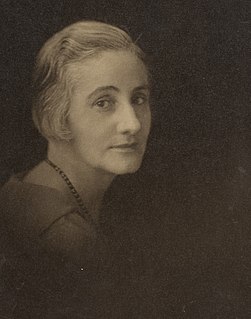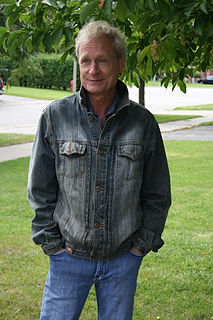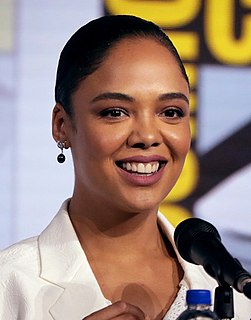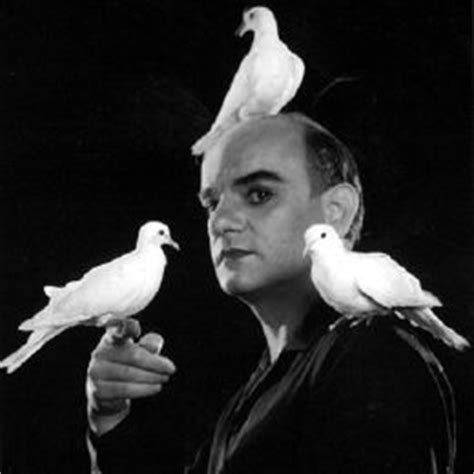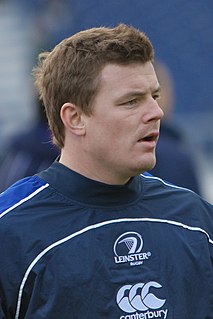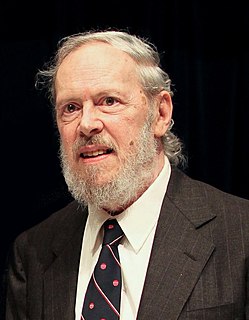A Quote by Laurell K. Hamilton
Ideals are great in theory ... but they don't work too well in real life.
Related Quotes
Most people like to believe something is or is not true. Great scientists tolerate ambiguity very well. They believe the theory enough to go ahead; they doubt it enough to notice the errors and faults so they can step forward and create the new replacement theory. If you believe too much you'll never notice the flaws; if you doubt too much you won't get started. It requires a lovely balance.
Alas! we know that ideals can never be completely embodied in practice. Ideals must ever lie a great way off--and we will thankfully content ourselves with any not intolerable approximation thereto! Let no man, as Schiller says, too querulously "measure by a scale of perfection the meager product of reality" in this poor world of ours.
If you can be a good role model for people, well, great. You try and live your sporting life and the rest of your life as well as you can, and if it's something that people admire, well, fantastic. I don't sit at home and think about it too much, though - there's plenty of other things in my life going on.

